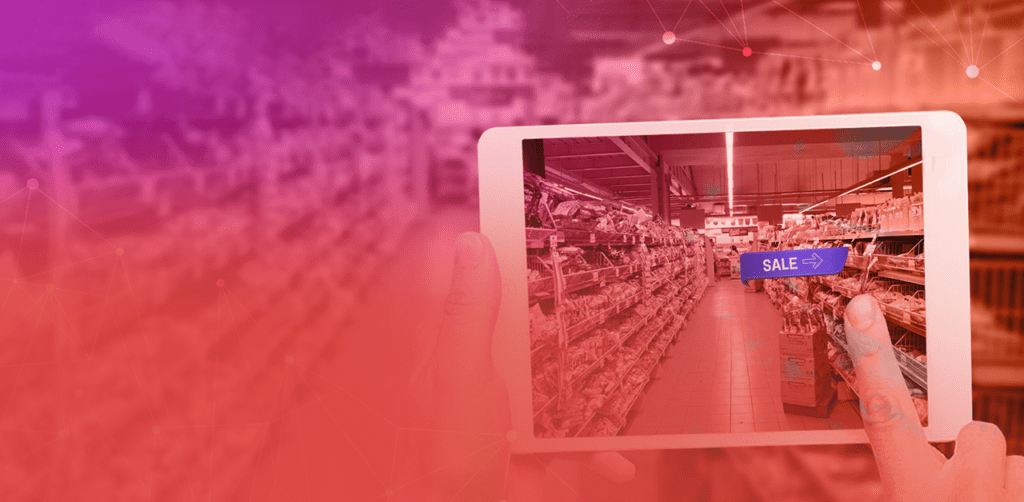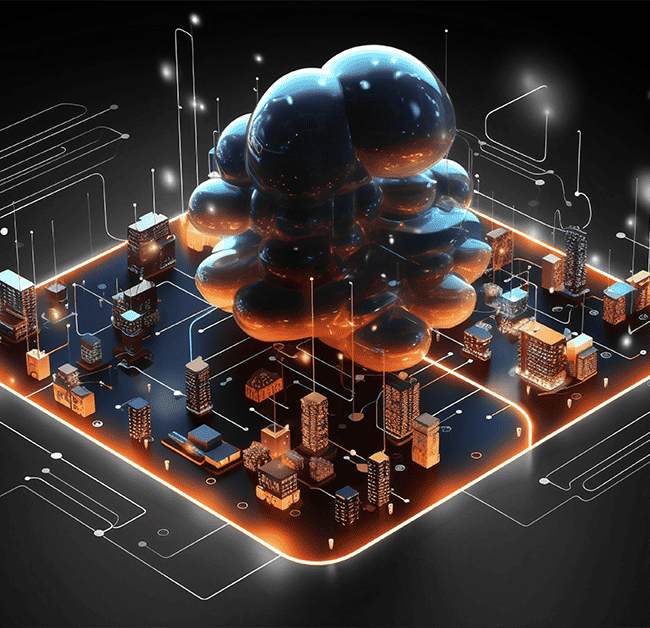In 2018, 28% of retailers had implemented AI or ML in some way. This is an astonishing 600% boost compared to 2016 – Source SPD Group
Traditional analytics have served the data-driven retail industry admirably for decades. Artificial Intelligence (AI) and Machine Learning (ML) have, on the other hand, introduced a whole new level of data processing that leads to more in-depth business insights.
By identifying anomalies and correlations from hundreds of Artificial Intelligence/Machine Learning models, data scientists could open up a new world of possibilities for business owners.
Shoppers still want to see the things in person, test them, and try them before they buy them. Not only that, but retail stores are also a good area to directly support brands and reinforce offers and discounts.
Here are the top five AI applications in the retail sector that are in use today.
1. Price Predictions
The cost of a product is predicted based on demand, seasonal trends, characteristics, the release date of new models of the same item, and other variables. Consider an app or service that allows your customers to see how the price of a product will change in advance. This is possible and simple to implement with AI Technology. A price prediction feature could aid in client retention.
2. Visual Product Search
With the help of Visual search, shoppers can upload photographs and use the power of Visual Search tools driven by Artificial Intelligence to identify similar products based on colors, shapes, and patterns. For example, Visual Search is used by American Eagle’s infrared technology, which not only helps users find the same or comparable clothes but also suggests what would look good with them.
You may be interested in: Transforming Shopping Experience with AI
3. Virtual Trial and Fitting Rooms
This indeed is one of the fantastic AI applications in the retail sector worth mentioning. Customers can save time and find the right outfit with all the elements precisely matched in a matter of minutes by using virtual fitting rooms. Levi’s, Gap, Brooks Brothers, Old Navy, and other retailers implemented these scanners in their stores and then saw huge sales boosts.
4. Cashier-free Stores
Store robotization will reduce queues, reduce the number of human personnel, and save money on operating costs. Hence, lesser staff will be required to operate a physical store when AI comes into action.
5. Customer Behaviour Prediction
Artificial Intelligence platforms allow business owners to apply behavioral economics to each consumer and develop a unique approach. Analyzing the psychology and emotions of each customer can help enhance sales. A good AI algorithm analyses a customer’s emotional responses and behavior from prior purchasing experiences in order to come up with the best pricing offers for that visitor.
Explore how our AI in Retail analytics solutions drive impactful business insights.










